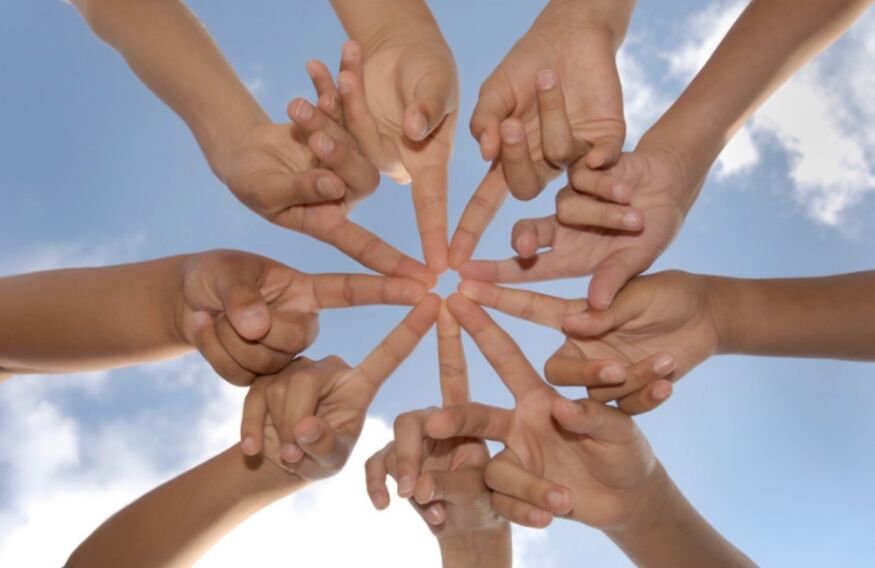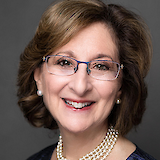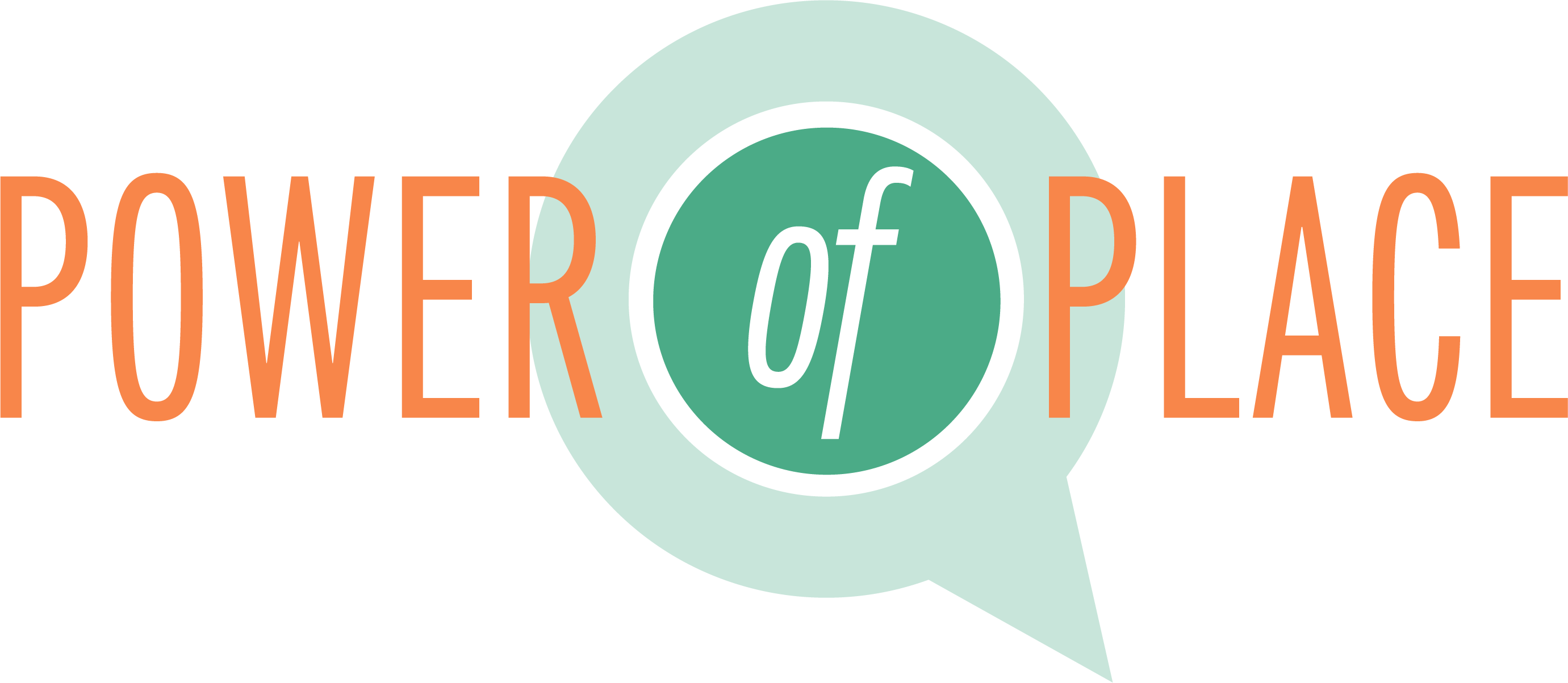October 27, 2023 Read Time:
social
Social connection is good medicine. That was the conclusion of Dr. Vivek Murthy, U.S. Surgeon General, who spoke recently at “Building Connected Communities,” a national conference at Harvard University.

In May, Murthy issued an advisory that called the American people’s attention to an urgent public health concern: An epidemic of loneliness and isolation. Murthy, in his listening tour across the country, said he heard repeatedly that people felt isolated, even invisible. He also found confirmation of what he was hearing in scientific literature, noting that even pre-pandemic, about one in two adults in America reported experiencing loneliness.
This can have a severe impact on us physically. In fact, Murthy notes that the mortality impact of being socially disconnected is like that caused by smoking up to 15 cigarettes a day, even greater than that associated with obesity and physical inactivity.
Murthy talked about his own feelings of loneliness as a student many years ago, and the shame that accompanied those feelings. School plays a critical role in facilitating social connection, he said, and advised that forming social connections be considered as important as math and English Language Arts. When healthy relationships are prioritized - whether that be teacher to teacher or teacher to student - we are all healthier.
As we continue to emerge from the global pandemic, it seems more important than ever to strengthen our relational muscles. Power of Place is, in part, dedicated to building and deepening relationships among educators. We know that when educators get what they need, students are more likely to get what they need. We read a lot these days about educator burnout and moral injury. While yoga, meditation, and other therapeutic remedies can be helpful, science tells us that being in the company of one another is a highly effective antidote to the isolation that so many educators justifiably feel.
Our team never ceases to be amazed by how much educators enjoy being a room together—for connection, reflection, planning, experimentation, consolation, and celebration. The energy and excitement in the room—whether we have 10 or 100 people—is always palpable and hopeful. In this valuable “third space” (not home, not school), we witness the shared vulnerability of learning something new—even if it’s uncomfortable at first—and can see firsthand how relationships flourish in the process.
As psychiatrist Jean Baker Miller said, growth is fostered in connection. As social animals, we are all inherently wired to connect. I am mindful today of how vital social connection will be to those who have lost friends and loved ones in Lewiston, Maine to this most recent act of senseless violence. May we all do our part to enhance close connections in our lives and reach across divides to connect with others whose life experiences differ from our own.

